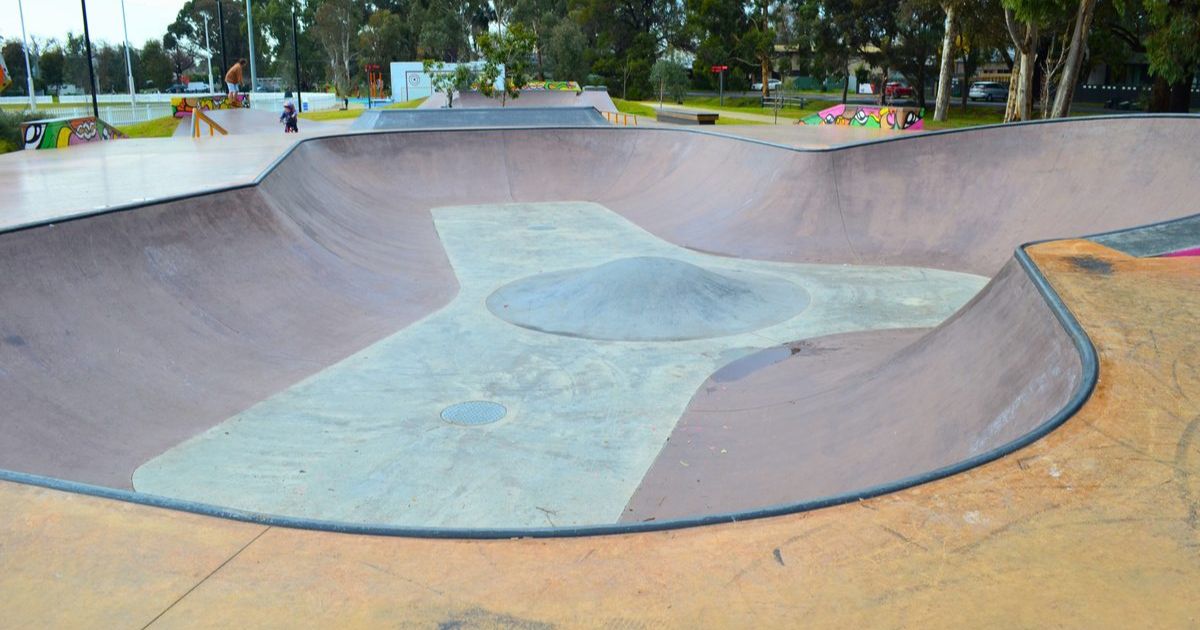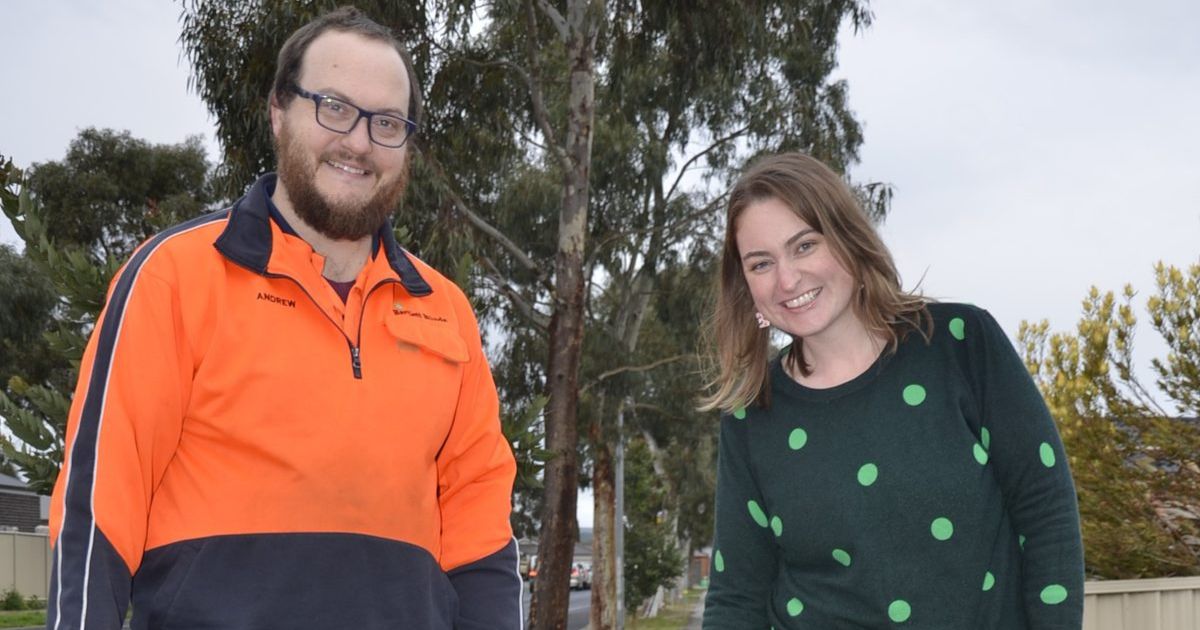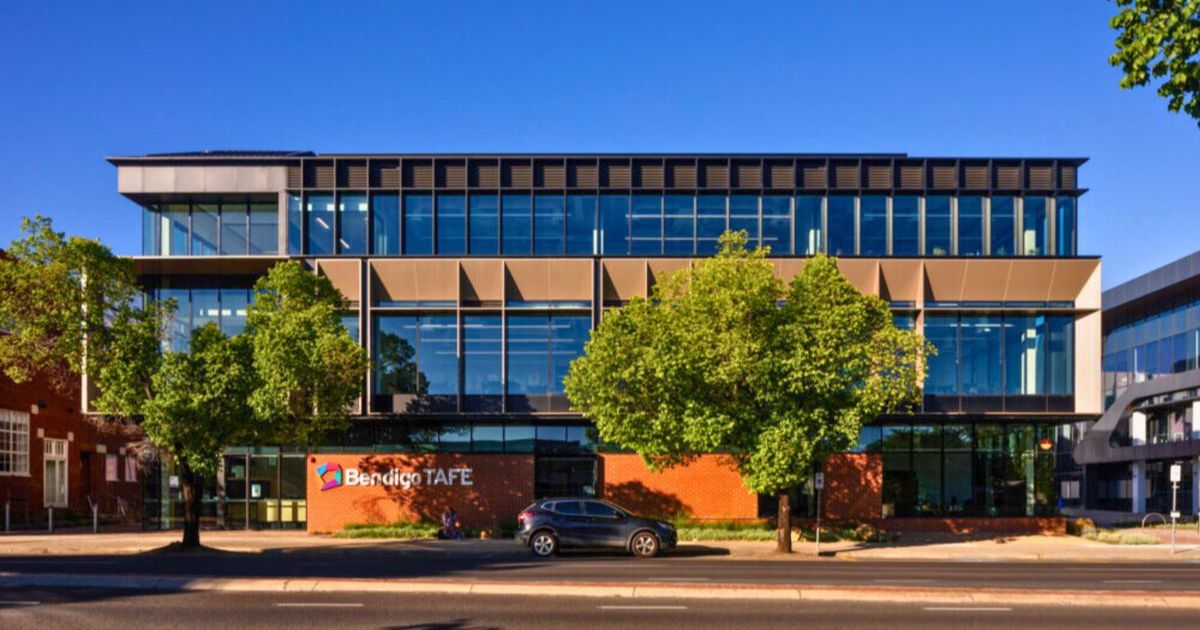Foulkes looks back on 20 years since Sydney Olympics

Where it all began: A boat in Ballarat Grammar’s rowing fleet was named after Katie Foulkes in the last decade. Photo: EMMA BURNHAM
“The head of sport approached me. I was there on an academic scholarship, and he said, ‘you need to come down to the boatshed because you’ve got all the great qualities of a great cox; you’re small and you’re smart,’” she said.
That was Foulkes’ first introduction to rowing, and once she entered the school’s John Ross-Perrier Water Sports Centre on Lake Wendouree, a passion for the sport was nurtured, and an elite boat-steering and leadership talent was born.
“There was such a buzz and a positive energy. I loved being outside and on the water. It was hard to leave.
“By the time I was in year 9, I was coxing the senior first crew, we won Head of the Lake and I retired, because I thought I’d reached the pinnacle of my sport,” she said.
Studying at the University of Melbourne and living at St Hilda’s, Foulkes rediscovered rowing with college friends.
Approached by the Melbourne University Boat Club, she moved up to steer a women’s eight in the intervarsity races.
This crew included state and national-level rowers, like fellow Old Grammarian, Bronwyn Thompson, who had recently returned from competing at the 1996 Atlanta Olympics.
“The level of professionalism… How fast the boat went… That’s when I got hooked. It was the real turning point,” Foulkes said.
With friends and fellow athletes in national squad trials, she was winning a lot of races while visible to the head coach and selectors.
Heading to a national camp, Foulkes eventually went on to become the coxswain of the AIS’ women’s rowing squad on a scholarship, which put her on a pathway to Australian selection, World Cups and the Olympics.
This year marks the 20th anniversary of the Sydney 2000 Olympic Games, Foulkes’ first of two, which she remembers fondly with pride, having reached the women’s eight final.

“At the opening ceremony, we walked in last as the home country. When Australia was announced to come in, it was like the place was going to take off. The entire stadium was shaking, roaring, buzzing. It was unbelievable,” she said.
“The morning of our final is a vivid memory. We were going for a relaxed, quiet, early morning row down the course at 6am. The crowds had started coming into the grandstands. We got about halfway down, and all of a sudden, there were thousands of people cheering for us on our warmup row.
“It could have been intimidating but instead it felt like this absolute support and pride.”
Foulkes doesn’t remember any of the women in her crew, or in their support team, getting caught up with “the things that didn’t matter.”
“It was about the stable things; the boat, the teammates and the coach. There were really exciting things going on, and we appreciated getting to do them, but ultimately we were there with our closest friends getting to compete at an amazing event,” she said.
“In some ways it was the same as turning up to Head of the Lake. We’d put the work in, our friends and family were there to support us, and we weren’t necessarily thinking about the TV cameras.
“Those of us that grew up in regional areas, learning how to work hard and remain grounded, we carried that with us into that pressure.”
Two decades on, now with a psychology background, Foulkes is still motivating people to be their best.
A high-performance coach and consultant for individuals, teams and organisations, her professional career has been informed by her sporting endeavours.
“As a cox, I always had an interest in how people behave and found it fascinating that I could jump in the boat, not pull an oar, but still make a difference to boat speed,” she said.
“Now, my coaching is about looking at evidence from psychology and my sporting career to help people perform.”
Currently researching resilience with the University of Sydney, her specialist area couldn’t be more relevant in the COVID climate.
“What do people need right now to navigate this challenge? A key thing is social support and key people.
“My key piece of advice now is to reach out to others to check on them and immunise yourself to psychological distress, building up a buffer for you,” she said.
Visit katiefoulkes.org.


















